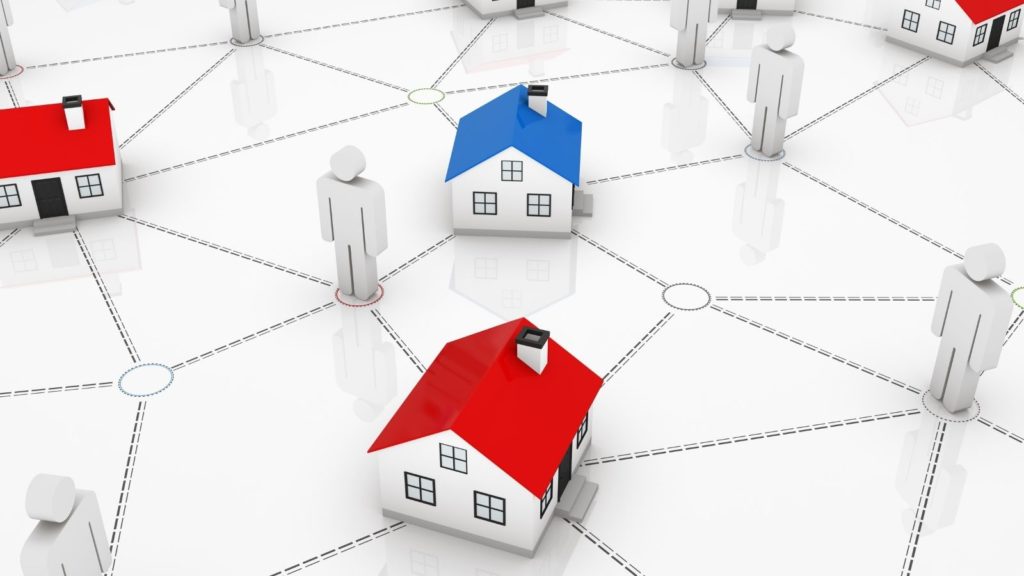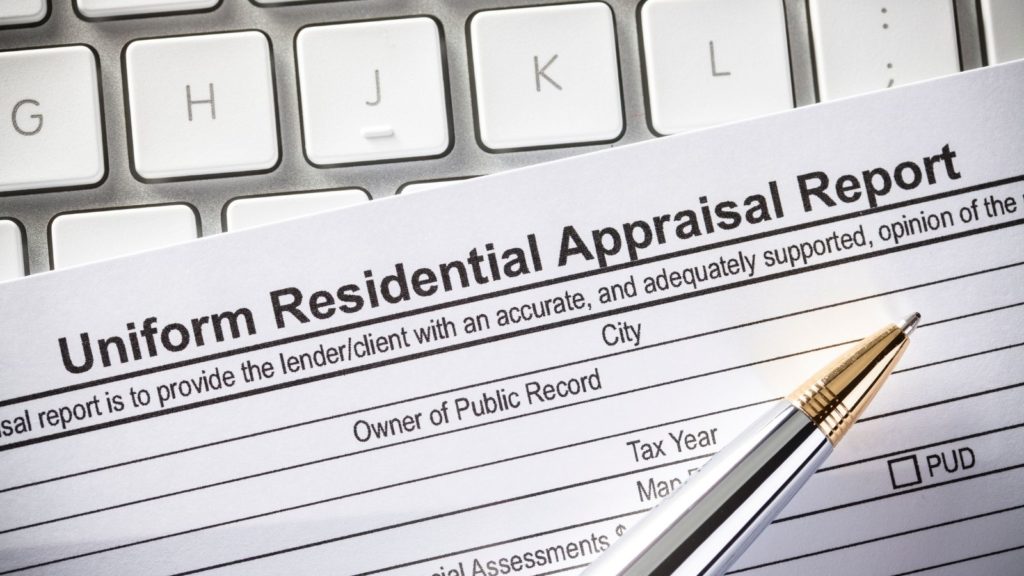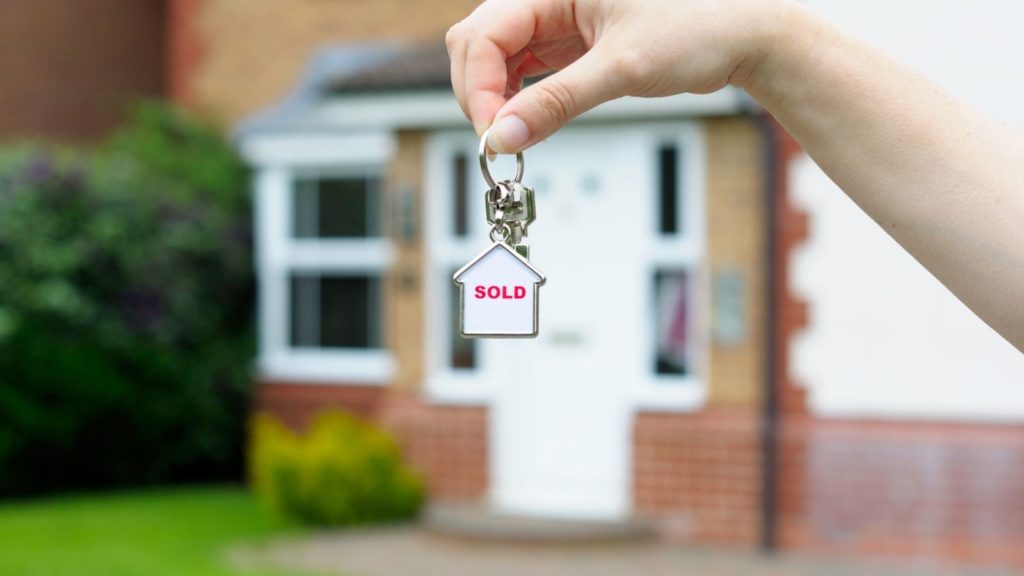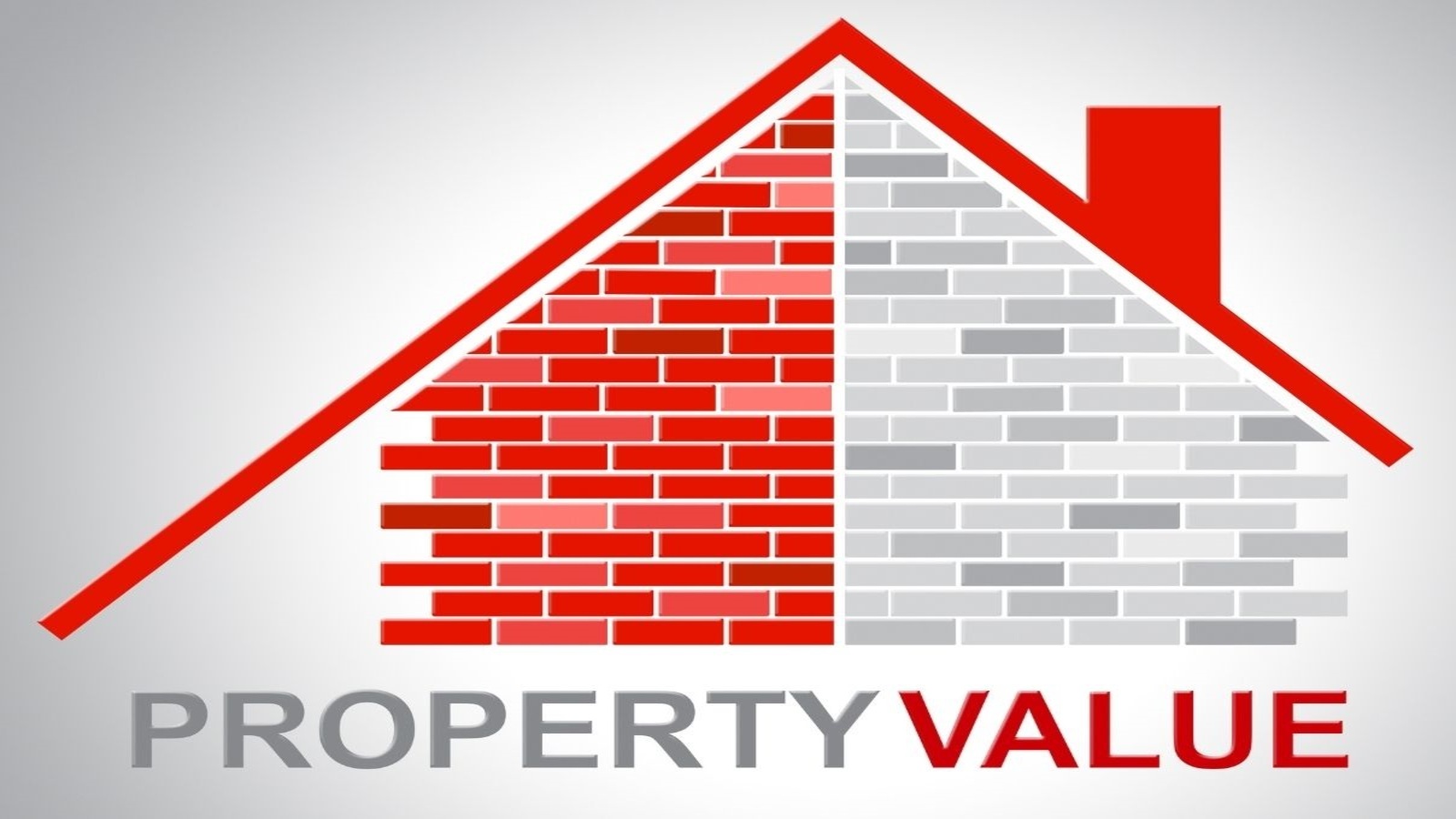Pricing your house for sale is complicated. If you get it right, you could earn thousands of dollars on your investment. However, the wrong asking price for your house could cause it to stay on the market longer and sell for less. Here’s what you need to know about pricing your house for sale.
Things to Consider Before Pricing
You may hope to get your money back on your house and pocket several thousand in profit. But what you paid for your house is irrelevant when it comes to its current value. Your home’s value is determined primarily by market trends at the time you list, in addition to its condition.
You can get a higher price for your house in a seller’s market. A seller’s market means there are more buyers shopping for houses than there are houses to buy. This strikes up competition in buyers, who may end up offering thousands above list price to beat out other buyers.

The opposite is true in a seller’s market where there are too many houses, giving buyers lots of room to pick and choose. They’re also more inclined to negotiate allowances for things like carpet and paint.
Another thing to consider is that the is no emotional value in your home – not to potential buyers. It doesn’t matter how many holidays you’ve spent there or what memories you’ve made; you can’t charge someone else for your experiences. It’s a logical business transaction.
The Risk of Staying on the Market
You might have the strategy of pricing high with room to reduce if necessary. This could backfire. The problem with this thinking is that the more times a home’s price is reduced, the less attractive it is to potential buyers. The less attractive it is to buyers, the longer it stays on the market. Like a snowball effect, the longer it stays on the market, the less likely it is to generate interest.
When a house is on the market too long, people get suspicious. They wonder if it has structural issues, maintenance issues beyond repair, or even if it’s haunted.
The trick is to price your house within the price range of other houses for sale in your area so that you won’t have to drop the price.
Your Listing Agent and CMA
Your agent is your best resource for pricing your house. First, they come from experience. They’ve seen other properties in your area, the condition they’re in, and what they’re selling for. As a bonus, some real estate agents are also licensed appraisers who can tell you the appraised value of your home.

Agents also have access to comparative market analysis reports, or CMAs, which contain data about recently sold houses in your community. First, you can see what the seller asked for vs. what the buyer paid. Next, you can look at how long the house was listed for sale. You can also discover how many times the home’s price was reduced. All of this information gives you an excellent snapshot of real estate activity in your neighborhood.
Explore Competing Properties
There’s no better way to gauge your competition than by seeing it for yourself. Take the time to attend open houses and check out what you’re up against.
Have they put in a pool since buying? Are the appliances updated? Have they added smart-home features? Is the house well maintained? All of these factors will let you know if you should price at about the same mark, if you have room to go higher, or if your home is probably of lower value and should be priced accordingly.
Think of yourself as the buyer comparing properties. Which would you rather buy, and which is the greater value?
Get a Listing Appraisal
A listing appraisal is when you pay a professional appraiser to come to your house to assess its current value. The appraiser will use the same CMA your agent has, but will also check out its condition, how well it’s aged, any upgrades, and more. But there’s a catch. You cannot use this appraisal in place of the one the buyer’s lender requires during the purchase. You can, however, use it as marketing material to show buyers who may find comfort in knowing how it was recently appraised.

There’s another advantage to a listing appraisal. Appraisers usually measure home values in $500 increments, so a few minor upgrades could equate to thousands of dollars.
- Replace doorknobs and locks
- Replace light switch covers
- Replace electrical socket plates
- Recaulk windows, sinks, bathtubs, and showers
- Replace window and door screens
- Update light fixtures
- Change out faucets
- Replace showerheads
- Put in a clean air filter
The listing appraisal could help you identify areas you could improve that could impress the next appraiser, but more importantly, impress the buyers.
Stage Your House for Sale
You can justify a higher asking price for your house if it’s presented in its best possible condition. Make sure it’s clean, that it’s free of clutter, that your personal items are packed, and that you accentuate in complimentary ways, including opening all the window coverings to allow in as much natural light as possible. Don’t forget to put into storage any big pieces of furniture that you don’t need, like a hutch, china cabinet, unused desk, recliners, etc.
Conclusion
There are a lot of factors that go into pricing your house for sale. Trust your agent’s advice first, coupled with the CMA they provide. If you can, list in a seller’s market.
Check out the other homes for sale in your area so you can see for yourself how your house compares to others on the market.
Stage your house to justify a higher price.

If you’ve got the funds to invest, consider a listing appraisal, which could help you increase your home’s value and serve as a marketing tool to show buyers.
Above all, price your house within the range of other homes in your neighborhood to avoid staying on the market too long.
Have Questions? Ask Tomeka!
Give Tomeka Givens a call at (443) 845-1137 to learn more about local areas, discuss selling a house, or tour available homes for sale.




